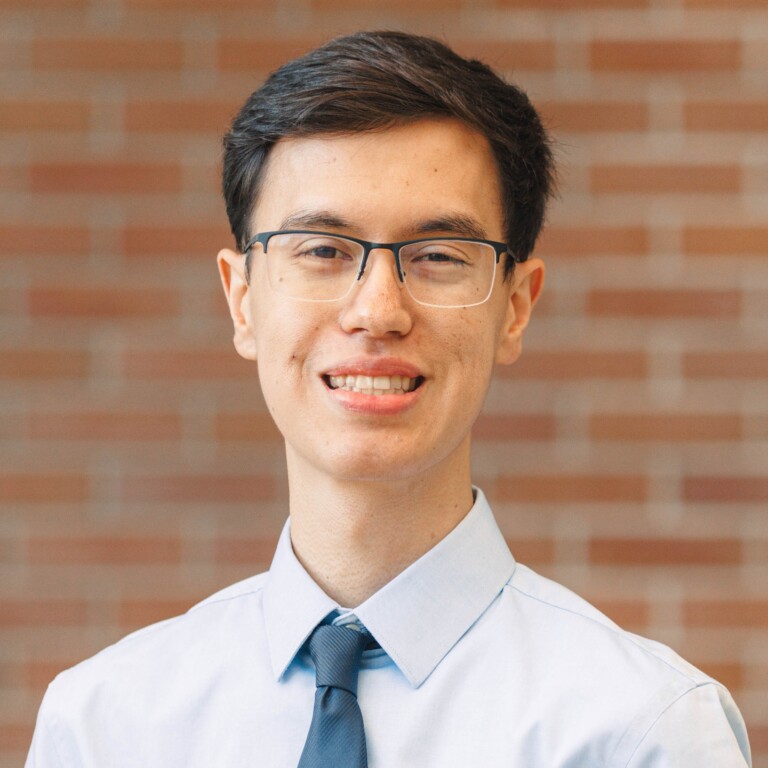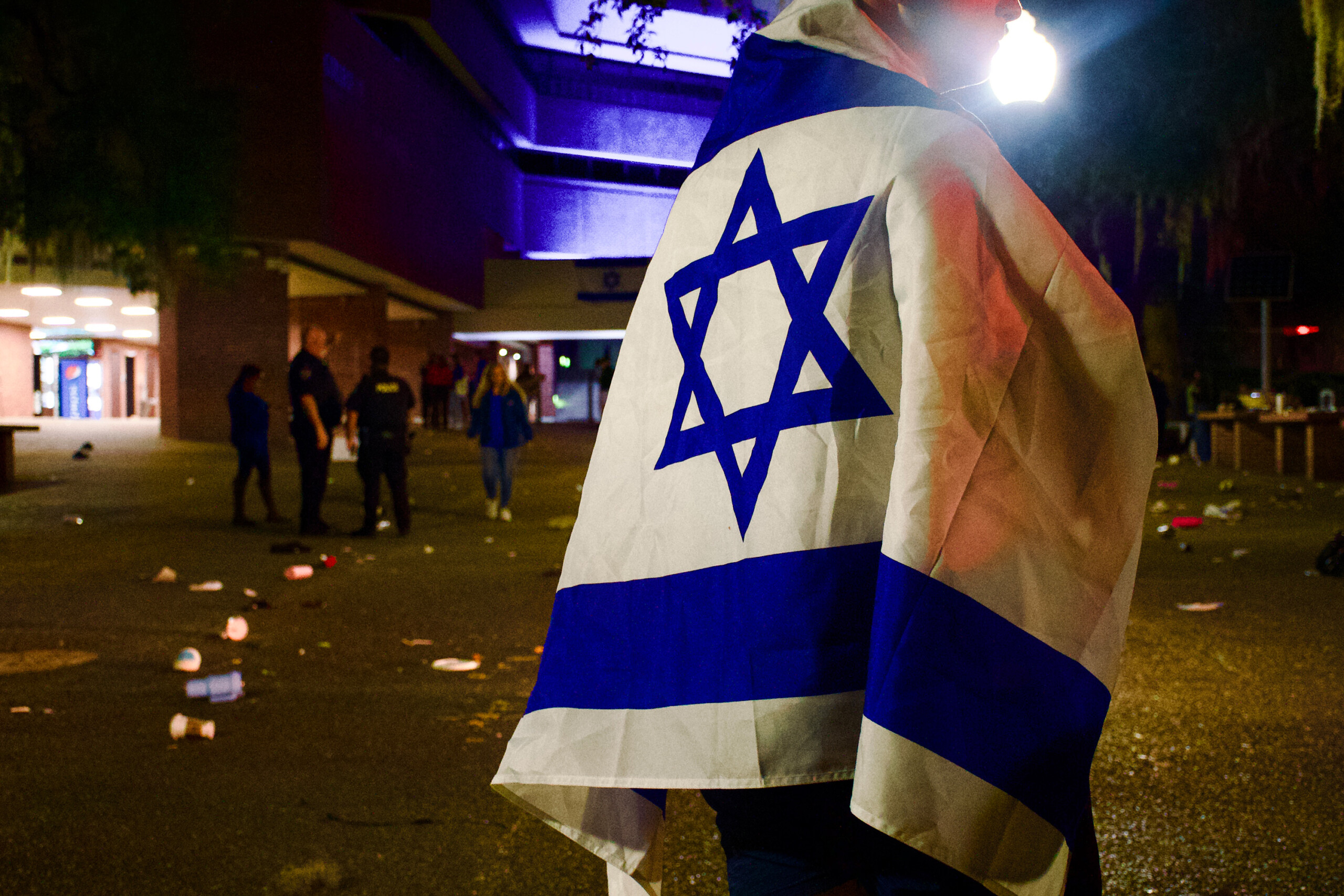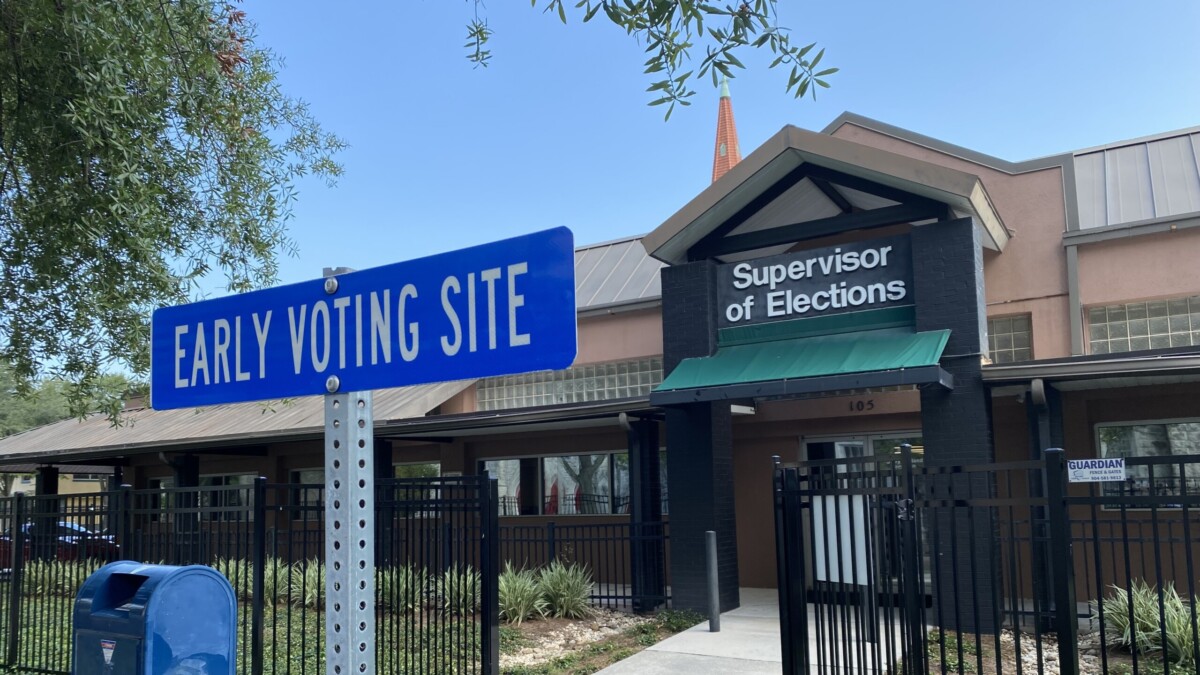The State University System has instructed Florida’s public university presidents to identify courses that contain “antisemitic material and/or anti-Israeli bias.”
Jacksonville Today obtained an email from Chancellor Ray Rodrigues outlining a specific process for how courses should be flagged for further review by the end of fall semester.
Courses potentially up for review are those on terrorism, Middle Eastern studies, religion and government, Rodrigues wrote. Syllabuses, textbooks, test banks and online materials were pinpointed as potential resources for review.
The directive reflects the state’s growing support for Israel amid a national clash between Israel’s fight against Hamas and the toll on the Palestinian people. But Rodrigues’ email also has raised concern among faculty at institutions like the University of North Florida.
The email outlined a specific process for how courses would be flagged for further review. Using a keyword search, universities will look at course descriptions and syllabuses.
Specifically, they’re on the lookout for the following words, as written in the chancellor’s email: Israel, Israeli, Palestine, Palestinian, Middle East, Zionism, Zionist, Judaism, Jewish or Jews.
Using that methodology, universities will be able to quantify the number of courses that will need to be reviewed, “initiate a faculty review” and then report the results to the chancellor’s office, according to the email.
“This process will ensure that all universities are reviewing the same courses and nothing falls through the cracks,” Rodrigues wrote.
Rodrigues told Jacksonville Today that the effort arose from a textbook used at Florida International University in Miami.
“There was a textbook being utilized at Florida International University over the summer that was antisemitic in the supplementary material,” Rodrigues said. The investigation was begun to determine whether it was an isolated incident, he said.
The textbook was Terrorism and Homeland Security, 10th Edition by Jonathan R. White and Steven M. Chermak.
Asked about the chancellor’s email, Amanda Ennis, UNF’s assistant director of media relations, said, “We are reviewing the chancellor’s request to determine how best to proceed.”
Florida’s Israeli support
The email from Rodrigues was the latest of several moves by the state to support Israel.
After the Hamas attacks in southern Israel on Oct. 7, Gov. Ron DeSantis sent planes overseas to provide supplies to Israel and return Floridians who wanted to come back. The governor also has suggested that all Palestinians are antisemitic.
“If you look at how they behave, not all of them are Hamas but they are all antisemitic,” DeSantis said of Palestinians Oct. 14 at a presidential campaign rally in Iowa.
At the governor’s urging, Rodrigues wrote to university presidents Oct. 24 telling them to disband chapters of Students for Justice in Palestine. But that plan was put on pause in November, citing legal concerns.
“In Florida, we will not tolerate violent activity, antisemitic activity or a failure to observe the law,” Rodrigues said during remarks Nov. 9 at a Board of Governors meeting.
Students protesting America’s support of Israel and its war against Hamas overseas erupted at college campuses nationwide last fall and into this year.
Columbia University was one of the most widely publicized. Scenes from an on-campus tent encampment, called the “Gaza Solidarity Encampment,” rapidly spread across the nation earlier this year.
As protests spread, they eventually reached Florida.
Many students joined in solidarity with not just Palestinians but also with other student protesters. At the University of South Florida, 10 individuals were arrested after police broke up a pro-Palestine protest of around 100 people with tear gas, The Oracle reported. Nine were arrested at the University of Florida after a five-day occupation of the campus’s Plaza of Americas, The Independent Florida Alligator reported.
Sixteen people were arrested at UNF after they refused to leave the campus green when the university installed a 10 p.m. curfew, Spinnaker, the student newspaper, reported.
“[Rodrigues’s email] is a response to the campus protests that’s meant to further stifle free inquiry in a way that claims to protect Jews,” said Martha Schoolman, an associate professor at Florida International University who is Jewish. “But it sort of imposes an idea of what Jews and non-Jews are supposed to think.”
Understanding antisemitism
The International Holocaust Remembrance Alliance adopted a working definition of antisemitism in 2016. It is used by more than 1,000 governments and universities, including America.
The emailed request is built off of that definition, which includes “criticism of Israel” in it, Schoolman said.
But she said the definition is unpopular with academics like herself, who argue it stifles free speech and criticism of the Israeli government.
Around 350 scholars from various fields signed onto a document called the “Jerusalem Declaration on Antisemitism” in 2021. Its creation was driven mainly by opposition to the IHRA definition, and Schoolman said the chancellor’s email only builds off what she sees as the wrong definition, instead of the academically supported one.
“This [email] I found particularly horrifying as a Jewish faculty member,” Schoolman said.
It also has faculty worried about what courses will be swept up in the search for those that are deemed to have an “anti-Israeli bias.”
“I think this will be a concern for those of us who teach religious studies. Obviously those keywords are going to come up,” said a University of North Florida faculty member teaching under the Department of Philosophy and Religious Studies, asking to remain anonymous.
Taking a closer look
The chancellor’s email also harkens back to the statewide effort to crack down on how various subjects are taught to students in its public education system.
In January 2023, state education officials requested that universities compile a catalog of how much state funds are given to support diversity, equity and inclusion coursework and programs, a move that feels incredibly similar to the order last week, Schoolman said.
There’s a “creeping sense” among faculty that the Board of Governors is slowly inching its way along to alter more and more, she said. So far, the state higher education’s governing board has changed when and where DEI efforts can appear in coursework and on campuses, and the classification of sociology courses.
“Everybody’s afraid of what the BOG is doing, and people are afraid to express why they’re worried about,” Schoolman said. “I’m afraid nothing’s going to be too far.”







